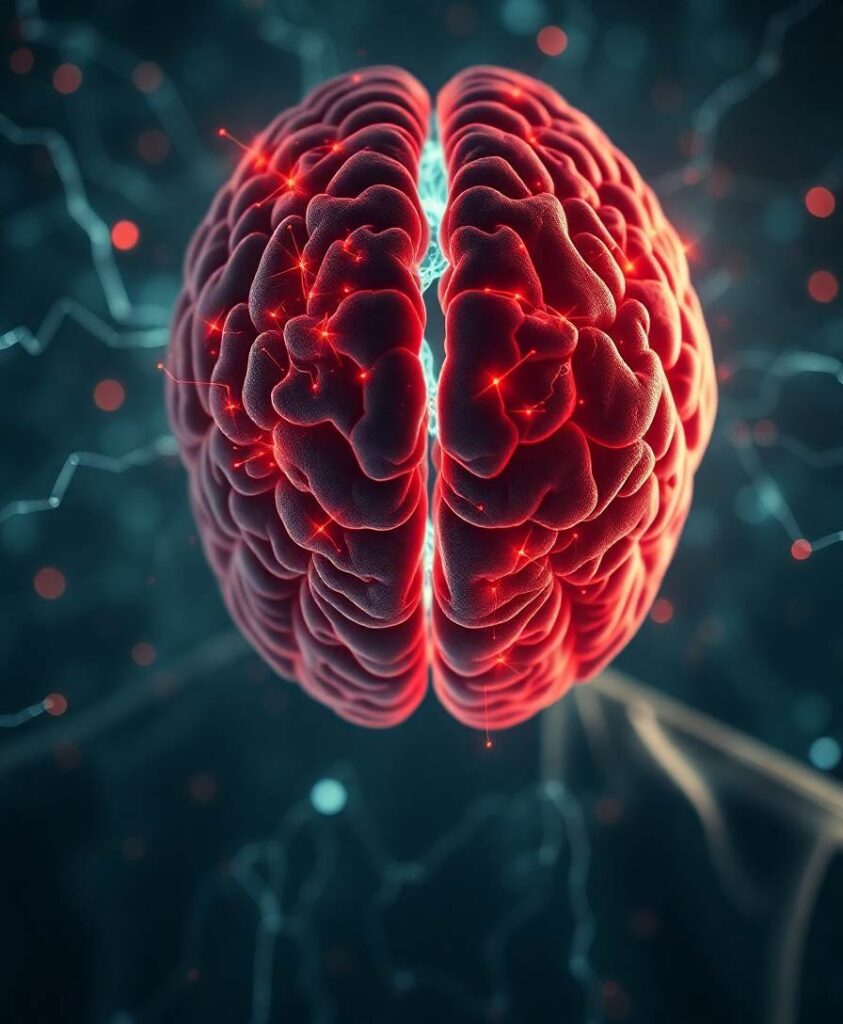A fundamental characteristic of biological intelligence is the ability to draw on past experience to guide and expedite learning; an ability often referred to as meta-learning (see Glossary). To give an example, if lost in a foreign European city, one would still be able to locate the main square of a city with ease. Rather than using an exhaustive, trial-and-error-like approach – weaving through different streets – one may for example look out for tall spires, a standard feature of cathedrals that are commonplace in the squares of European cities, or in modern times simply search for it on Google maps.


